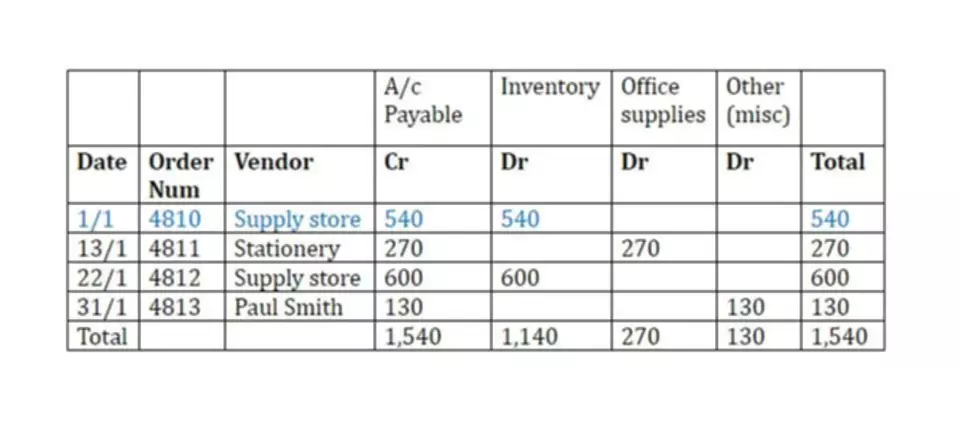1-14: Stale Dated Checks Policy Library Fort Lewis College
Content
- Why Are Stale Dated Checks Considered a Problem?
- How long are traveler’s checks good for?
- Government
- Stale-dated Paychecks
- The bank/credit union refused to cash a check because it was more than six months old. Is this allowed?
- How does LegalMatch work?
- What Can I Do if My Bank Honored a Stale Check without My Permission?

The University will periodically notify departments or employees of “stale” checks which appear as outstanding on the bank reconciliation. Replacement of these checks requires the same procedures as those for lost checks. This means that federal tax refund checks are good for one year as those are issued by the U.S. After that time, you’re still entitled to money the government owes you, but you’ll need to contact the issuer of the check and request a new check. Personal, business, and payroll checks are good for 6 months (180 days).
- If you don’t have any luck contacting the check issuer, consider working with your bank.
- If you’re trying to figure out if a cashier’s check or a money order would better suit your needs, read our article Cashier’s Check vs Money Order.
- The STO is able to stop payment of stale dated checks only through the receipt of stop payment requests from agencies.
- The exact due diligence requirements vary by state, but the National Association of Unclaimed Property recommends a formal letter to the check recipient sent by first-class mail.
- Generally, a “stale check” (also called a “stale-dated check”) is an uncashed check that’s more than six months old.
- B. Applicability – This applies to checks drawn on the College’s imprest operating and payroll checking bank accounts.
After a specified period, such property must be remitted, i.e., escheated, to the state. The length of time for a cashier’s check to go stale can also vary — from 60 days to never — depending on multiple factors. In some cases, the issuing bank may specify an expiration date on the check itself. The only exception to stale-dating may be a certified check, which must be honored, even after 180 days. Even if the payee never cashes the stale check, this doesn’t mean that your business receives extra cash.
Why Are Stale Dated Checks Considered a Problem?
It may be tempting to merely reverse the expense and add the cash back into your general fund. Banks will not do so because of the accounting ramifications it can have. The Huntington National Bank is an Equal Housing Lender and Member FDIC. ®, Huntington®,Huntington.Welcome.® and Huntington Heads Up® are federally registered service marks of Huntington Bancshares Incorporated. Though you want to avoid letting a check go out of date, there are some important considerations for a check that has become outdated.
A stale check is also referred to as a stale-dated check or an expired check. The length of time that a check is considered to be valid will vary from state to state. Paychecks https://www.bookstime.com/ may be cashed or deposited up to 60 days from the pay date as shown on the check. After 60 days the checks become “stale” and a replacement check must be issued.
How long are traveler’s checks good for?
If the company does not cash the check, you’re going to have to go through the escheatment process, and you’ll end up losing the cash either way. If your bookkeeper or accountant sees that you have a check that’s approaching expiration, you should be diligent in contacting the other business https://www.bookstime.com/articles/stale-dated-checks and encouraging them to cash the check. Almost every state requires a business to perform due diligence by contacting the owner of the unclaimed property. One of the most significant problems with checks is that it’s easy to lose them, giving rise to what’s known as stale-dated checks.
A stale check is one presented to a bank after a specified time, typically six months. While a stale-dated check is not necessarily invalid, banks may deem it an “irregular” bill of exchange and refuse to honor it. At this point, the only way to process the payment is if the drawer — otherwise known as the check writer or issuer — changes the date on a replacement check or issues a new check. If you’ve been given a personal or business check, it’s important to understand the check validity period. Most personal checks have a maximum time-frame that they can be presented to a bank before they become stale, which is usually 180 days (6 months) from the date on the check. A stale check is an undeposited or uncashed check that may be too old to be processed by a bank, credit union, or other financial institution.
Government
It could be difficult to cash a possibly expired cashier’s check or to get a replacement cashier’s check. If you receive a cashier’s check, look for a “void after X days” disclaimer and make sure you cash or deposit the check before then. If you discover an old cashier’s check, contact the issuing bank and ask them what they need from you to handle the transaction. Ruled that banks can retrieve funds after the issuer’s requested void period unless that person specifically instructed the bank not to honor the check after that time frame. Payroll checks are treated differently than regular personal or business checks. You can be assured that RCH makes every effort to locate the participant (or their beneficiary) to unite them with their retirement savings.








